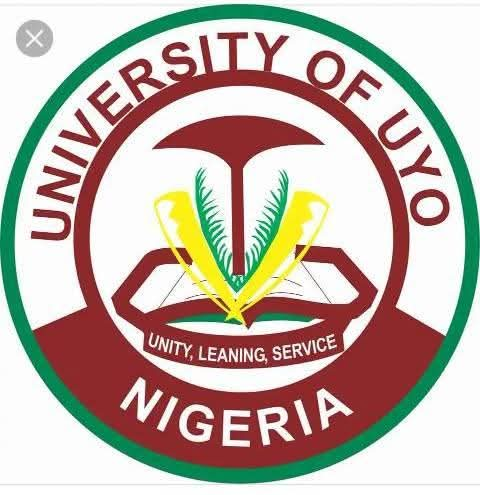Need for urgent reforms in the power sector
On 16th March 2023, the late President Muhammadu Buhari signed the 1999 amended constitution into law to allow states generate, distribute and transmit electricity. By virtue of that presidential assent, Nigerian states can now generate, transmit, and distribute electricity in areas not covered by the national grid. This was a critical shift from what obtained before, and marked a fresh dawn in the country’s search for energy sufficiency for private and business use.
Two years following this new reality, the Akwa Ibom State Government on18-19 September 2025, held an Electricity Summit to review its power status and draw a road map for electricity availability and utilisation in the state. Part of the takehomes from that event was that Governor Umo Eno disclosed plans to set up a State Electricity Regulatory Commission (AKSEAC) and an Electricity Agency (AISEA). According to the governor, AISEA is to deliver electricity access to towns, villages, and under-served communities, while AKSERC is to provide fair tariffs, transparent licensing, and independent oversight. The government has set 2034 – clear nine years from now – as the target date to realise a holistic energy regime in the state.
The implication of this is that the government is not satisfied with the experience of Akwa Ibom people in the hands of the Port Harcourt Electricity Power Holding Company (PHED), and is poised to reverse the situation. We believe that this is the right disposition. But this has taken a long time in coming. Akwa Ibom, during Governor Victor Attah’s administration, more than 18 years ago, was one of the first state administrations to build an independent power plant. Then in May 2022, during Gov. Udom Emmanuel’s administration, Akwa Ibom State Government firmed up an agreement with African Delta Power Limited to add additional 366 megawatts to the existing 191 megawatts generated by the state power plant. As it stands, Ibom Power will need to apply to the National Electricity Regulatory Commission, NERC, for licence expansion as the company has an on-grid license for 685MW. This was prior to Buhari signing the amended constitution as regards electricity operations in the country.
What happened to that agreement? It would be interesting to get the right answer. But waiting for that answer will not delay us here.
Our people have gone through avoidable difficulties in trying to power their homes and businesses. Nigeria remains a leading importer of generating sets. This comes at the expense of noise and environmental pollution, capital flight, as well high cost of manufacturing goods that has weakened the nation’s productivity capabilities. This is unacceptable and makes the government’s forays into re-directing resources into providing more power at affordable tariffs a welcome development. But waiting for 2034 seems a drag in spite of the technicalities in putting everything in place. Government should explore other sources of generating energy, and among this should be solar technology. Setting up a solar energy factory in the state would not hurt. The people themselves should protect power infrastructure for sustainability sake. Security agencies and the judiciary should be thorough and tough in applying the law on economic saboteurs who vandalise power infrastructures. Akwa Ibom deserves a better power deal and not even enemies from within should be allowed to frustrate this collective desirability and necessity.

